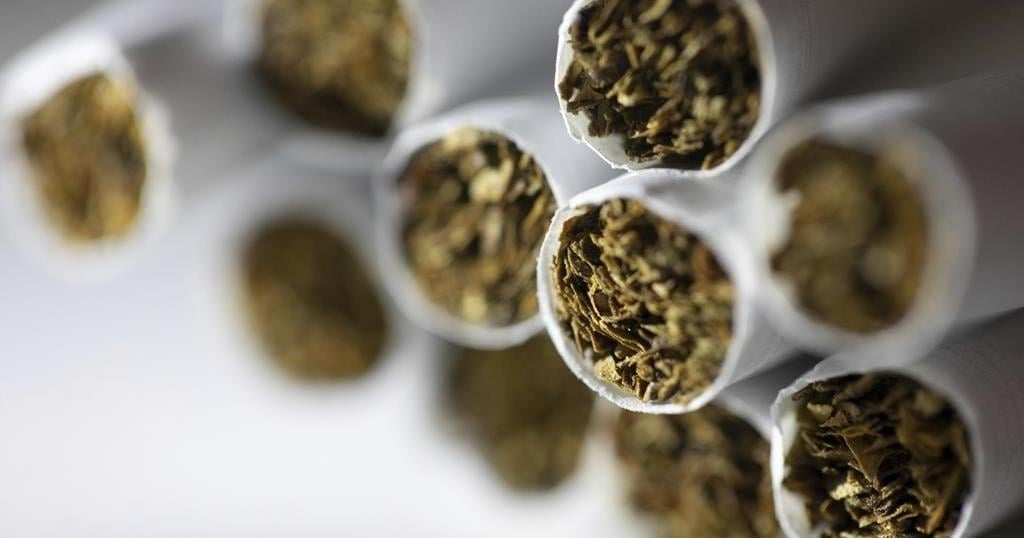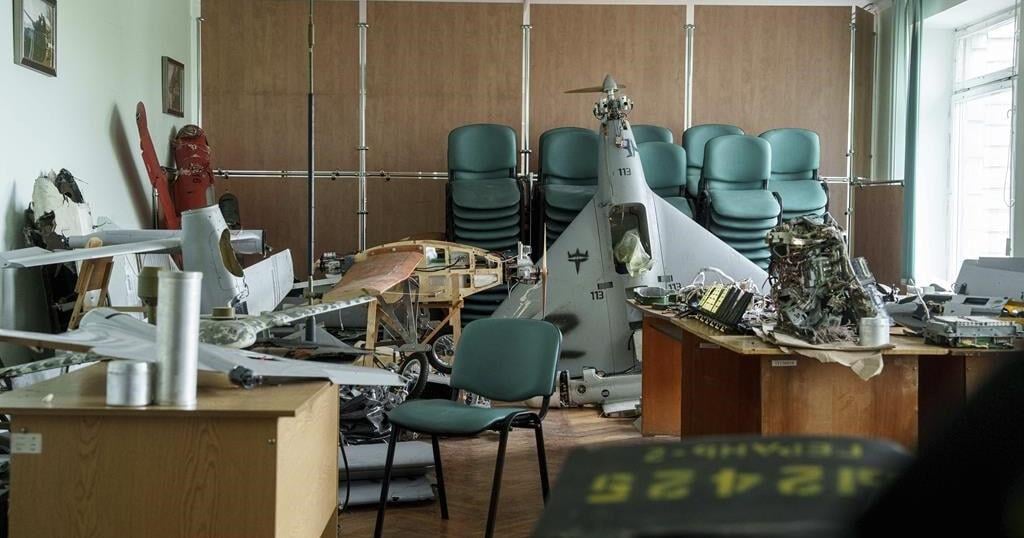KANSAS CITY, Mo. (AP) — A 15-year-old who was among those charged with opening fire during the Kansas City Chiefs Super Bowl rally has been sentenced to a state facility for youths.
“That is not who I am,” the teen, who was referred to as R.G. in court documents, said at Thursday’s hearing. He described himself as a good kid before he became associated with a group of peers involved in the Feb. 14 shooting, The Kansas City Star reported.
The host of a local radio program was killed, 25 were wounded and 69 others sustained other injuries, such as broken bones and dislocated joints, as they fled, Kansas City police detective Grant Spiking testified.
Jackson County prosecutors have alleged that the shooting was set off during an altercation between two groups. Lyndell Mays, one of the three men facing a murder charge in the death of Lisa Lopez Galvan, is accused of being the first person to start firing.
After that, R.G. began to shoot toward Mays and hit another person in his own group, Dominic Miller, who also is charged with murder, said Spiking.
“You made some bad choices, but that doesn’t make you a bad person, it doesn’t make you a bad kid,” Jackson County Family Court Administrative Judge Jennifer Phillips said during a proceeding similar to a sentencing hearing in adult court.
A commitment at a state Department of Youth Services facility typically lasts 9 to 12 months, a deputy juvenile officer with Jackson County Circuit Court said.
Earlier this month, Phillips accepted the teen’s admission that he committed the charge of unlawful use of a weapon by knowingly discharging or firing a firearm at a person.
The Jackson County Juvenile Officer’s office, which oversees youth cases, dismissed a second charge, armed criminal action, and agreed to not go through the certification process that could see his case sent to adult court.
Jon Bailey, the teen’s attorney, requested he be released on an intensive supervision program and house arrest with a condition of no social media use.
“Our house is not a home without him,” the teen’s mother told Phillips.
But an attorney representing the juvenile office argued that time in the youth facility would help separate him from any negative peer influences.
Two other teens have been charged in the shooting. Phillips ruled last month that one of them will not face prosecution as an adult, and the other one was detained on gun-related charges that don’t rise to the level of being tried as an adult.

























